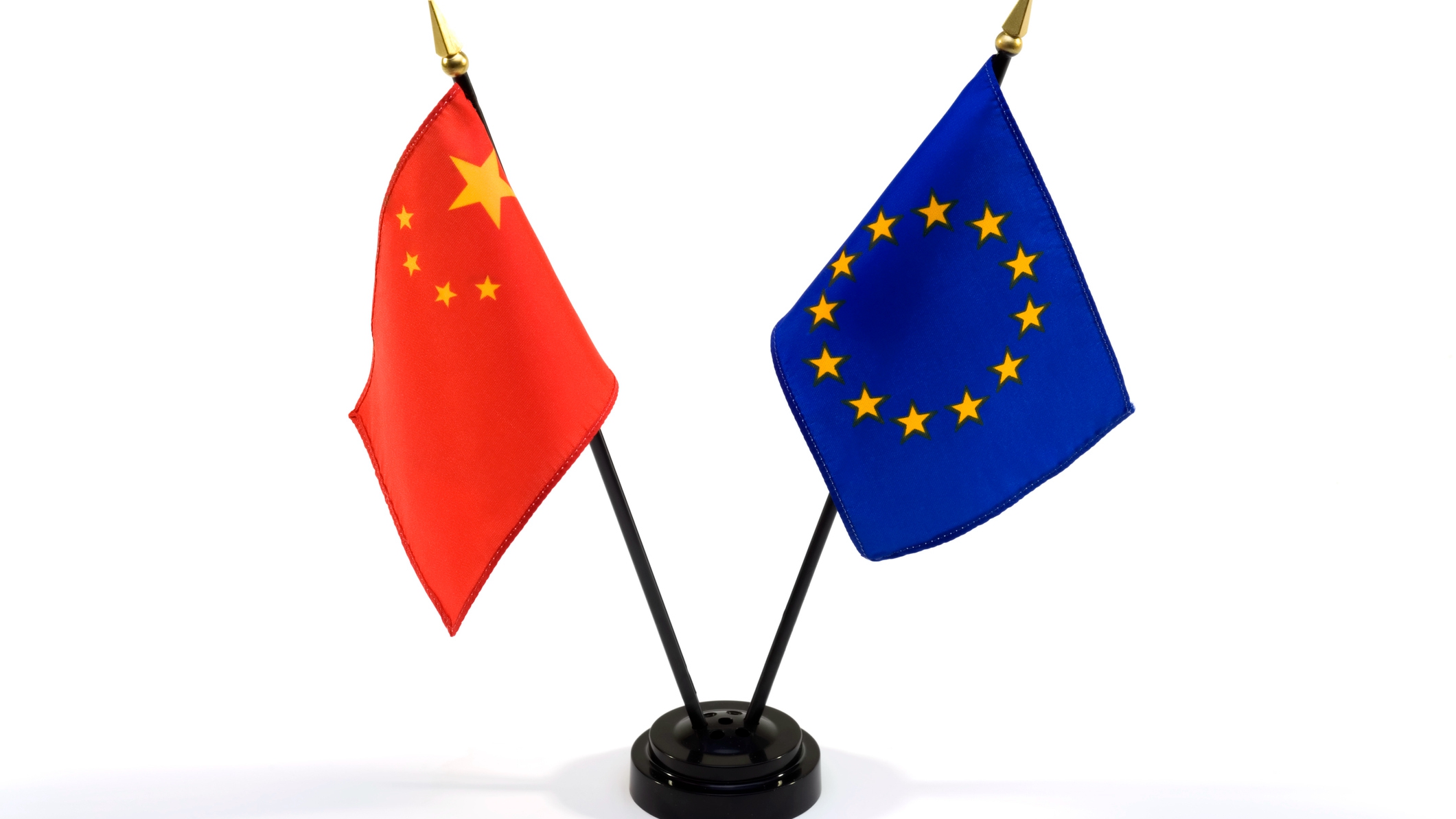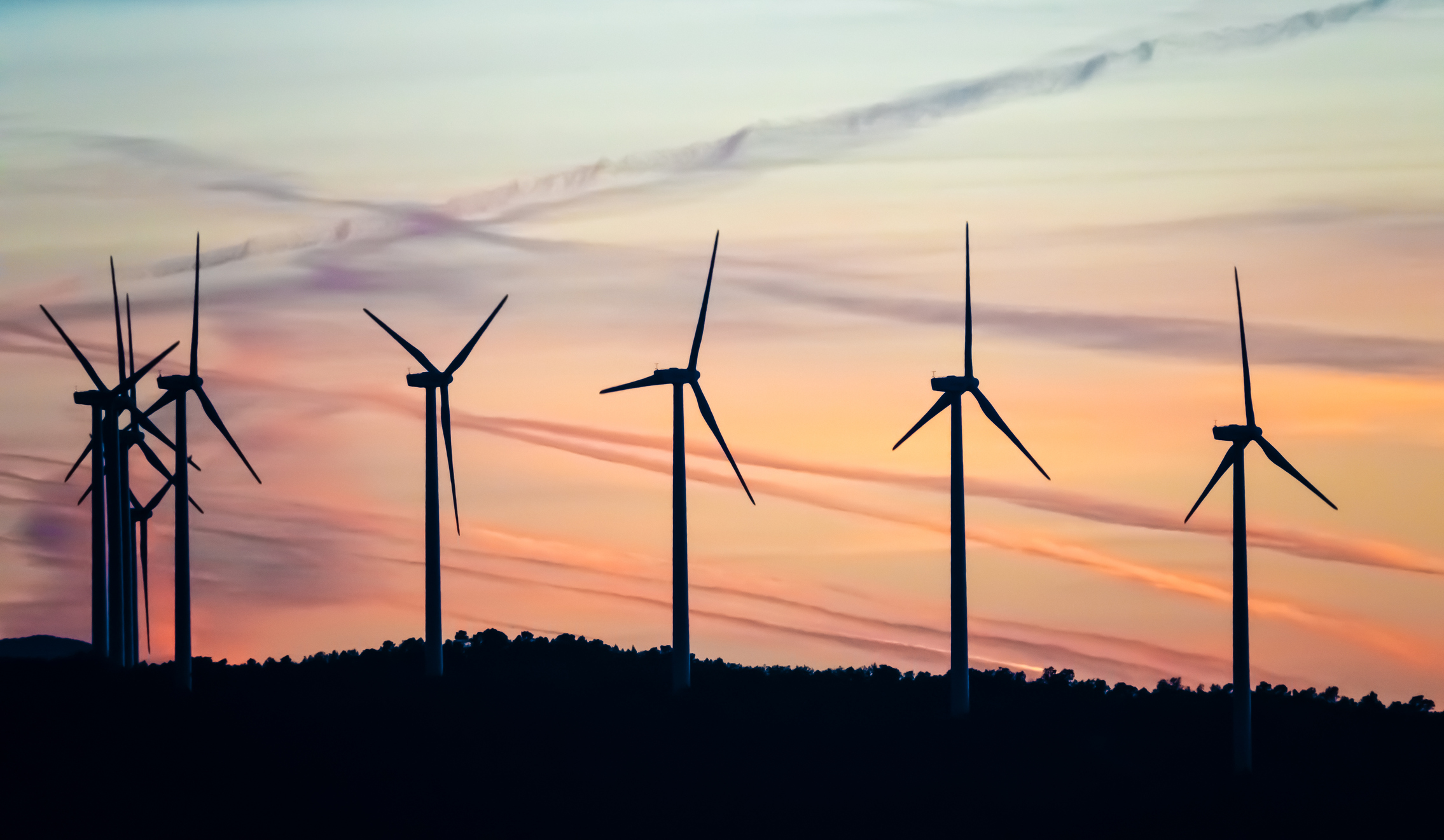
Editor's note: Wang Peng is a distinguished research fellow at the Center for Hong Kong, Macao, Taiwan, and World Affairs of the Communication University of China. The article reflects the author's opinions, and not necessarily the views of CGTN.
Five years ago, a group of great world leaders from China, the EU, and other countries, in whose symbolic shadow we remember today, signed the Paris Agreement, the Emancipation Proclamation for the Earth and the humankind themselves.
This momentous decree came as a great beacon light of hope to billions of people who had been seared in the flames of a deteriorating environment. It came as a joyous daybreak to end the long night of their captivity.
Thus, people do have ample reasons to celebrate this green Magna Carta and push forward the progress of the project, for humans and for all the lives on this planet.
However, things have been changed dramatically over the past four years. Along with the rising trend of populism, neo-isolationism, economic nationalism, anti-globalization, the green Magna Carta wavered and became uncertain. The U.S., the largest carbon emitter and resources consumer in the world, withdrew from the Paris Agreement just in order to cater and please its domestic interest groups at home while at the cost of sacrificing the common good of mankind.
What are the advantages and potentials for China-EU green cooperation? As a wise leader, one points out, there are four kinds of deficit in the contemporary world, namely, the deficit of governance, trust, peace, and development. Here, the uncertainty of global environmental protection cooperation constitutes a major part of the "deficit of governance".
In the field of global environmental governance, however, China and the EU share a lot of common interests and ideas. Therefore, they have great potential to regain the spirit of the Paris Agreement and rebuild an international environmental order based on their shared common institutions and norms.
The Europeans have rich experience in this field, and for recent years, the Chinese government, companies, scholars, and individuals have also practiced growing environmental consciousness in their interactions with the world.
As the "EU-China: A Strategic Outlook" and other latest policy reports assert, the EU has noticed the consistent growth of the Chinese economy and global influence, and Brussels and Beijing enjoy growing opportunities for cooperation in climate change, energy, and resources efficiency.

A number of renewable energy windmills along the Cistercian Route in the Urgell comarca, Lerida province, Southern Catalonia, Spain. /Getty
A number of renewable energy windmills along the Cistercian Route in the Urgell comarca, Lerida province, Southern Catalonia, Spain. /Getty
China and the EU are mutually crucial partners in implementing the Paris Agreement. They can encourage each other to show greater ambition and assume greater responsibility for climate action that commensurate with the international influence and economic strength of both sides. They can also cooperate in broader fields: from carbon markets to long-term development strategies, from clean energy and energy efficiency to low emission transport and cities.
EU and China have already made good samples by publicly promising to acquire carbon neutrality before 2050 and before 2060, respectively. And as a result, such an example of cooperation between China and the EU to heal the world will encourage other countries to follow.
However, there are still a number of disadvantages and bottlenecks in China-EU environmental protection and green development cooperation.
For example, the intervention from some countries should be limited. In this regard, China always looks forward to seeing a united, strong, and independent EU. The more strategic independence the EU maintains, the higher level of bilateral cooperation they may achieve, even make samples robust enough to lead the global trend and re-shape other countries. Besides, China and EU's environmental cooperation have been easily interrupted by other issues, such as debates over human rights, labor's right, and so on.
To deal with those obstacles, there are some practical tips for both sides to follow, such as promoting dialogue rather than confrontation, seeking common points while reserving difference between them, encouraging the positive spillover effect of bilateral green cooperation to other fields, and solving problems one by one with great patience and manner.
Now, in 2020, the world is at a crossroads. The youth should shoulder more responsibility for the future.
I appreciate two famous young ladies, the "green fighter" Greta Thunberg from Sweden, and her challenger, Naomi Seibt, from Germany. They both have great determination and passion in defending their own faith, position, and methods to heal the Earth, though there are apparent contradictions in their methodology.
In addition to their contribution in bringing the public's attention to the environment, in all fairness, the most effective way for the youth to heal the Earth relies on both their original aspiration and conscience as a responsible member of humankind and their capability to act in the right way with a mind, rationale, and scientific knowledge.
Looking forward to the future, the EU and China will play the role of pioneers in making great examples to encourage other countries to follow to heal the world, and the youth from all over the world will also take their responsibilities and become the vanguard to build a community with a shared future for mankind.
(If you want to contribute and have specific expertise, please contact us at opinions@cgtn.com.)

